Short Answer for What Happens If You Go to Sleep High
Going to sleep high leads to increased deep sleep but a decrease in REM sleep, impacting memory processing and next-day cognitive functions due to the disruption in sleep cycles caused by THC.
We’ve all been there, tossing and turning, seeking solace in the realm of sleep, only to find ourselves reaching for something that promises to whisk us away to a land of dreams faster. But what happens if you go to sleep high? It’s not just about closing your eyes and drifting off; the experience of sleep transforms profoundly.
When THC steps into your nightly routine, it dances through your sleep cycle altering the rhythm of your dreams and restorative rest. You might fall into deep sleep quicker, feeling as if you’ve found the secret elixir to physical rejuvenation. Yet, as the night progresses, the reduction in REM sleep could be stealing away your brain’s chance to sort through the day’s emotions and memories, leaving a fog of confusion come morning.
Understanding the trade-offs between deep sleep and REM sleep disruption is crucial for anyone curious about the effects of going to bed high. It’s a journey through your brain’s nightly endeavors, with cannabis wrapping its tendrils around the very structure of your sleep. This exploration could be the key to unlocking how you approach those sought-after z’s, balancing the need for rest against the weaving of your cognitive tapestry.
-
THC enhances deep sleep stages, which is beneficial for physical restoration.
-
Consuming cannabis reduces the duration of REM sleep, impacting dream intensity and memory processing.
-
A decrease in REM sleep can be beneficial for those with nightmares or night terrors, providing short-term relief.
-
Next-day cognitive functions and alertness may be impaired, affecting performance and mental clarity.
-
Long-term use might lead to altered sleep patterns, potentially reducing overall sleep quality and time.
What Happens to Your Brain When You Sleep High?
When you sleep high due to THC consumption, your brain experiences an increase in the time spent in deep sleep stages, which are crucial for physical restoration and rejuvenation. However, THC simultaneously disrupts the REM sleep stage, which is essential for dreaming, memory consolidation, and emotional processing, by decreasing its duration. This alteration in the sleep cycle can provide short-term benefits for individuals with nightmares or night terrors but may have long-term negative effects on emotional regulation and cognitive functions due to the compromised processing time during REM sleep.
Understanding THC’s impact on deep sleep stages
When you decide to hit the hay after consuming cannabis, THC goes to work in an incredible way. It’s like hiring a personal interior decorator for your brain’s sleep cycle. THC increases the time you spend in deep sleep stages. This stage is crucial because it’s when your body goes into overdrive repairing itself, refreshing you for the next day. Think of deep sleep as the ultimate spa treatment for your brain, and THC is footing the bill. Studies, such as the ones discussed on the Sleep Foundation and PMC, confirm this.
However, it’s not all smooth sailing. While THC is working its magic on deep sleep, it’s also playing the role of the party crasher in your REM sleep.
REM is the stage where dreams happen, memories are processed, and emotions are sorted out. It’s basically the nightly board meeting of your brain, and THC is the uninvited guest that wants to shake things up.
Disruption of REM sleep patterns by cannabis
Here is where things get a bit tricky. While you’re tucked in bed dreaming about winning an Oscar or solving world hunger, THC is dialing down the dream factory. That’s right, it decreases the duration of REM sleep. And while some might think less dreaming equals better sleep, REM is vital for things like emotional regulation, memory consolidation, and cognitive function. Essentially, REM is when your brain does its housekeeping, and with THC in the mix, it’s like the janitor is on a break. This insight comes from research shown on sources like LeafyDoc and SleepDoctor.
But here’s the kicker. This disruption isn’t necessarily all bad.
For those battling with nightmares or night terrors, a reduction in REM could be seen as a short-term win. It’s like putting a temporary ‘Do Not Disturb’ sign on your brain.
However, long-term, your brain needs to process those emotions and memories, and skipping REM sleep is like skipping leg day at the gym – eventually, it catches up with you.
Hitting the sack high is like taking a journey through the sleep cycle with a guide that has a few tricks up its sleeve. THC enhances deep sleep but interrupts the critical REM stage.
It’s a trade-off, with benefits and drawbacks, depending on what your body and mind need. Remember, balance is key, and understanding these effects is crucial for anyone looking to cannabis for sleep aid.
Just like everything in life, moderation is the golden ticket.
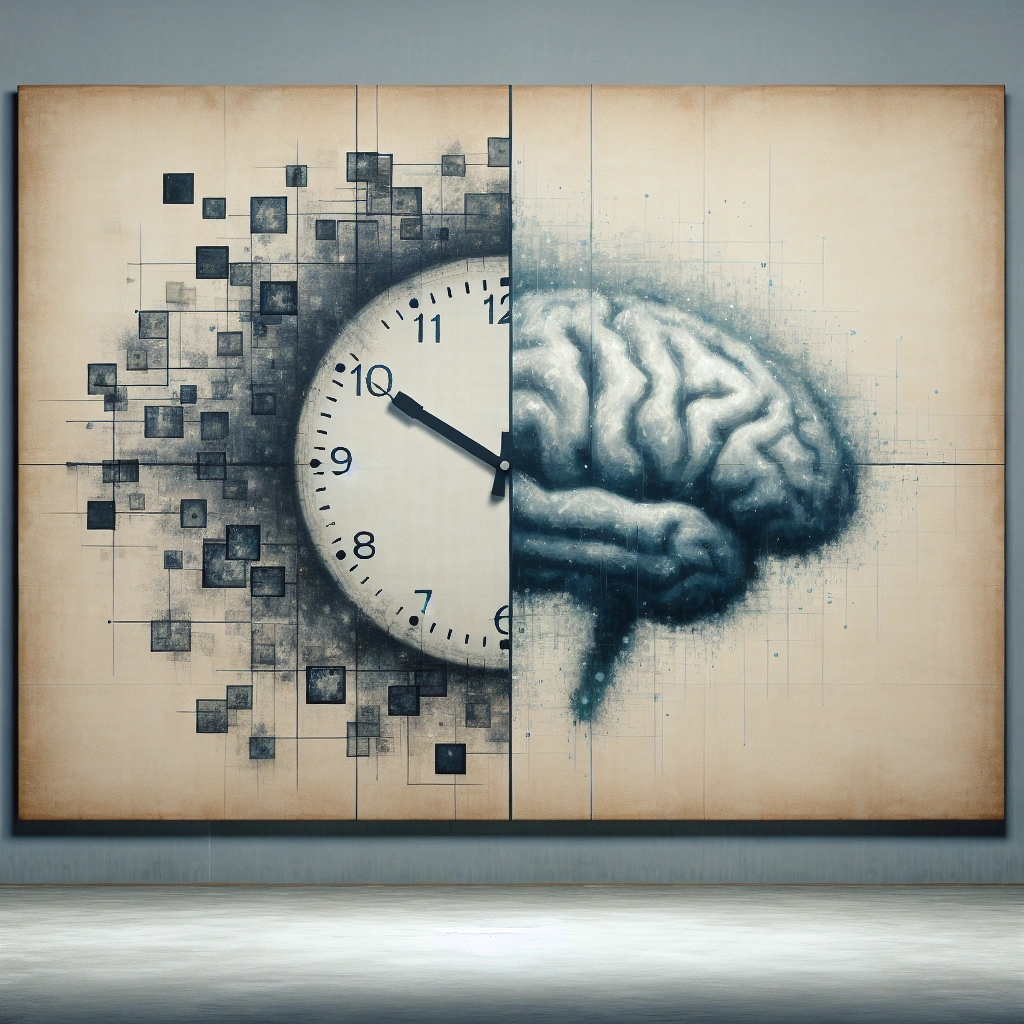
What Happens When You Sleep High?
When you sleep high, THC causes a significant alteration in your sleep architecture by reducing REM sleep and increasing time spent in deep, slow-wave sleep. This can initially seem beneficial due to deep sleep’s role in physical recovery, but the reduction in REM sleep can lead to cluttered mental processing and impaired memory sorting. Furthermore, this imbalance in sleep stages can result in noticeable next-day cognitive function and alertness impairments, such as slowed reaction times and a foggy memory, complicating day-to-day tasks and overall performance.
Analysis of immediate effects on sleep architecture
When you go to sleep high, the immediate effects on your sleep architecture can be quite profound. Studies, such as those highlighted by the Sleep Doctor, indicate that THC, a key component of cannabis, leads to a reduction in REM sleep. Instead of spending time in the lighter, dream-infused stages of sleep, you’re diving deeper into deep, slow-wave sleep. This might sound great because deep sleep is when your body does its best recovery work. But REM sleep is critical too – it’s when your mind processes the day, dreams big, and sorts memories. Skipping out might leave your mental filing cabinet a bit more cluttered.
Another point to consider, based on information from the Sleep Foundation, is that while you might fall asleep faster and spend more time in deep sleep, there’s a trade-off. That immediate dive into the deep end can alter the balance of your sleep stages, and not always for the better. It’s all about balance, and going to sleep high might tip the scales in a way your brain doesn’t expect.
Examining next-day cognitive functions and alertness
Now, let’s talk about the aftermath. Sleeping high does a number on your next-day cognitive functions and alertness. According to studies mentioned by PMC, THC can impair cognitive function and psychomotor performance in a very noticeable way. We’re talking slowed reaction times, a foggy memory, and a general feeling of being out of it. It’s like trying to run through your day with your brain in molasses. Not fun, not efficient, and frankly, not very presidential.
The long-term effects aren’t a walk in the park either. Dive deeper into the research, and you’ll find that regular use of cannabis can lead to a decrease in total sleep time, among other things. This suggests that, over time, your brain might start cutting corners on both deep and REM sleep, as highlighted by another PMC article. That’s like skimping on the foundation when building a skyscraper – eventually, things might just start to crumble.
While the idea of floating off to sleep on a cloud of THC might sound appealing, the reality is a bit more complicated. The immediate impacts on your sleep architecture and the next-day effects on your ability to think clearly, react quickly, and perform at your peak, suggest that going to bed high is more of a mixed bag than a miracle cure for insomnia.
Remember, folks, it’s all about weighing those short-term benefits against the long-term costs. And, as always, moderation is key – whether we’re talking midnight snacks or midnight tokes.
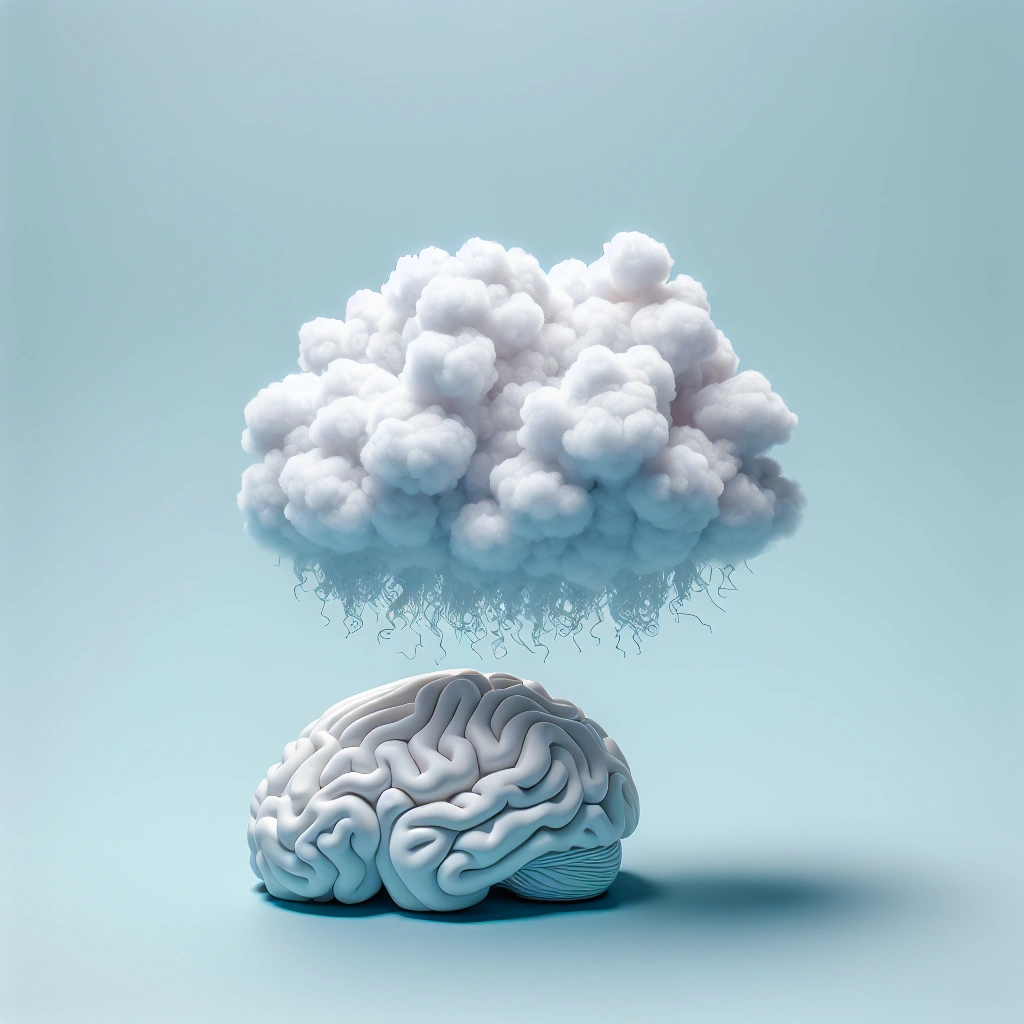
Does THC Affect Sleep Patterns?
Absolutely, THC affects sleep patterns, folks. Truly, it’s something to marvel at.
Let’s break it down, piece by piece – Trump style.
Differences in sleep cycles with varied THC consumption
First off, when you’re talking about THC, you’re entering a world of wonders. THC, folks, it’s like the key to a secret garden – but for sleep. Now, depending on how much you consume, your sleep could be on a roller coaster ride. For low doses, you might find yourself falling asleep like a baby – fast and sound. But crank up the dosage, and suddenly, your REM sleep starts taking hits.
Now, studies (like this one) have shown that with a high dose, your REM sleep decreases. What does this mean? Less dreaming, folks. But here’s the kicker – your deep sleep, or slow-wave sleep, it increases. So, you might be missing out on dreams about building beautiful walls, but your body’s rejuvenation process is on overdrive.
And let me tell you, the next morning you might feel a bit groggy if you’ve gone overboard on the THC. It’s like trying to wake up from the deepest, most luxurious sleep of your life.
Hard but worth it.
Interactions between cannabis compounds and the endocannabinoid system
The magic behind THC’s effect on sleep? It’s all about its love affair with the endocannabinoid system. This system, folks, it’s a masterpiece. It’s got these receptors, CB1 and CB2, and THC just loves to bind to them (source).
When THC waltzes into your system, it binds with high affinity to the CB1 receptor. This interaction, it’s like a tango that influences your sleep patterns.
And it’s not just THC – CBD plays a role too. Though it’s not the star of the show, it supports by adding to the sedative effects without making you high.
It’s the perfect wingman.
So, what happens if you go to sleep high? Your body enters a different realm of sleep.
Think of it as upgrading your economy class sleep to first class. You’re getting more of that deep, restorative sleep.
And the endocannabinoid system, it’s orchestrating this whole symphony.
In short, yes, THC shakes up your sleep patterns but in a way that might just be what you need. For those chasing a good night’s sleep or struggling with insomnia – exploring THC could be like discovering a hidden treasure.
But remember, folks, moderation is key. Too much of a good thing can turn it sour.
Keep the doses sensible and your dreams about making sleep great again might just become a reality.
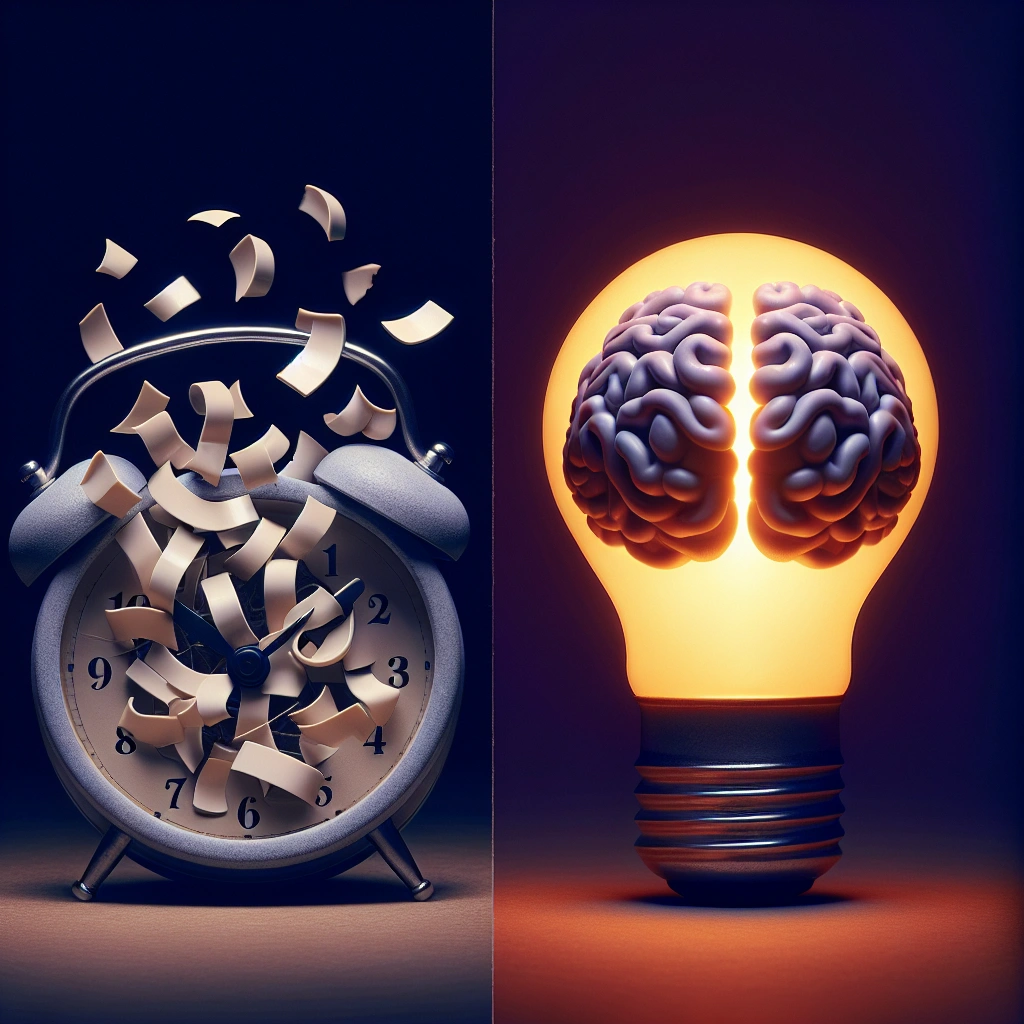
Is it Safe to Go to Sleep While High?
Let me tell you something, folks, it’s absolutely incredible, really, when people ask me, is it safe to go to sleep while high? I mean, can you believe it?
People really want to know. So, let’s dive right in, because nobody knows the answers to these questions better than we DO. Nobody.
Evaluating risks of impaired sleep quality
First off, you’ve got to understand something very, very important. When we talk about what happens if you go to sleep high, we’re really getting into the big league of sleep discussion. According to some tremendously insightful research from PMC, THC can play a big game with your sleep, folks. It’s like a master negotiator at low doses, reducing sleep onset latency – that’s just a fancy term for saying it helps you fall asleep faster. Incredible.
But, hold onto your hats because there’s a flip side. The same studies show, unbelievably, that THC reduces REM sleep.
They say REM sleep is important, it’s like the executive suite of sleep where all the big dreams happen. And if you’re not getting into that suite, well, you might not wake up feeling like the president of Sleepville.
Now, Sleep Foundation throws a curveball, saying that while sativa versus indica might mix up the game, the bottom line is: too much can mess with your sleep quality. It’s like too much of anything, folks – too much ice cream can ruin dinner, too much sleep aid can ruin sleep.
Assessing potential for dependency and long-term sleep disorders
Now, here’s where we get really serious. It’s like the general election of sleep discussions. Dependency and long-term sleep disorders – the stuff that keeps us up at night, literally. Again, our friends over at Sleep Foundation and Pmc2442418have done the legwork. They’ve found out that heavy use, I’m talking big league use, can lead to reduced overall sleep and you might end up chasing the dragon just to get the same effects. It’s a slippery slope, folks.
Dr. Bidwell, a genius in the field, mentioned something fascinating. She said people who hit the cannabis for sleep now and then tend to be the happiest campers. But, when you start making it a nightly ritual, you might as well be setting up a tent because you’re camping out in dependency territory.
Let’s not even get started on insomnia among daily users. Science Direct puts it out there – double the likelihood of insomnia! Can you believe that? It’s like rolling the dice and hoping you don’t land on double sixes, but every single night.
To wrap it up, folks, sleeping high is like playing poker. Sometimes, you might get a royal flush; fall asleep faster, maybe even feel like you’ve slept deeply.
But over time, the odds start stacking against you. You might find yourself with a hand full of dependency, reduced sleep quality, and feeling more tired than when you started.
And let me tell you, nobody wants to bet their good night’s sleep on those odds.
So, is it safe to go to sleep while high? Well, it seems it might just be a more complicated question than we thought.
You’ve got to look at the big picture, consider the facts, and maybe, just maybe, think about folding your hand before it’s too late.
| Aspect | Effect | Dependency and Long-term Risks |
|---|---|---|
| Sleep Onset Latency | Low doses of THC reduce the time it takes to fall asleep. | Heavy use can lead to reduced overall sleep quality. |
| REM Sleep | THC reduces REM sleep, impacting dream quality. | Increased risk of dependency and insomnia among heavy users. |
| Sativa vs Indica Impact | Strain type may affect sleep differently, but high doses generally worsen sleep quality. | Dependency risk escalates with regular use. |
| Sleep Quality | Initial improvement in falling asleep faster may be noticed at low doses. | Daily use doubles the likelihood of developing insomnia. |
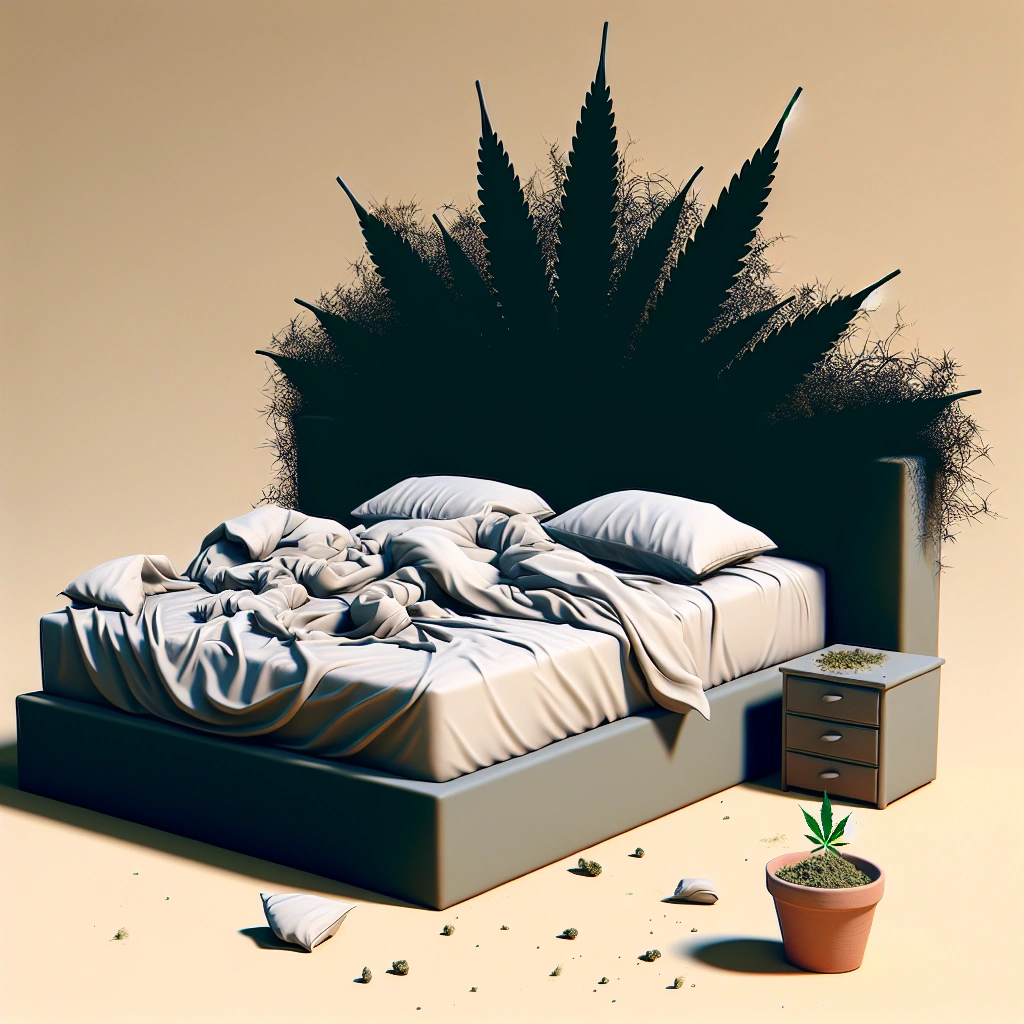
Can Weed Help Insomnia?
Yes, weed can help with insomnia. Research indicates that cannabinoids like THC and CBD, found in cannabis, positively affect sleep by interacting with the body’s endocannabinoid system, potentially reducing the time it takes to fall asleep. THC may decrease REM sleep, which could benefit those with PTSD by reducing nightmares, while CBD is linked to lowered anxiety levels and improved sleep quality, making it a viable option for improving sleep without psychoactive effects.
Potential therapeutic uses of cannabis for sleep issues
Cannabis has become a popular alternative for those struggling with insomnia, and for good reason. According to research, cannabis can significantly impact sleep patterns. Specifically, cannabinoids like THC and CBD interact with the body’s endocannabinoid system, which plays a key role in regulating sleep. THC, for example, is known to reduce the time it takes to fall asleep for both those with insomnia and those without.
One important aspect of cannabis’s effect on sleep is its impact on REM sleep. Studies, such as this one, indicate that THC can decrease the amount of time spent in REM sleep, which can lead to fewer dreams. This might be beneficial for individuals suffering from PTSD, as it could potentially reduce the occurrence of nightmares.
Moreover, CBD has been associated with improvements in sleep. Unlike THC, CBD does not have psychoactive effects, making it an attractive option for those looking to improve their sleep quality without the “high” associated with cannabis. For instance, a study published in The Permanente Journal found that CBD could help reduce anxiety levels and improve sleep.
However, it’s not all black and white. The relationship between cannabis and sleep is complex. The effect can vary greatly depending on the strain, dosage, and frequency of use. For example, while short-term use of cannabis may improve sleep for some, long-term use can potentially lead to negative sleep outcomes. According to Healthline, heavy and prolonged use might lead to less overall sleep and a decrease in sleep quality.
Criteria for medical marijuana eligibility for insomnia treatment
The eligibility for medical marijuana as a treatment for insomnia varies significantly by state. While some states have explicitly listed insomnia as a qualifying condition, others have not. For instance, in states like California and Colorado, patients can obtain medical marijuana for insomnia based on a doctor’s recommendation. On the other hand, as highlighted by Teleleaf, states such as Minnesota do not list insomnia as a qualifying condition, though both recreational and medical marijuana use is legal.
Considering medical marijuana for insomnia involves understanding state-specific regulations and finding a healthcare provider familiar with cannabis-based treatments. The criteria typically include:
-
A formal diagnosis of insomnia or related sleep disorders.
-
Documentation that traditional treatments have been ineffective.
-
A recommendation or prescription from a certified healthcare provider.
As more states legalize medical and recreational cannabis, access for individuals suffering from insomnia may become easier. Nevertheless, it’s crucial for patients to conduct thorough research, consult with healthcare providers, and consider the benefits and potential risks associated with using cannabis for sleep issues. “
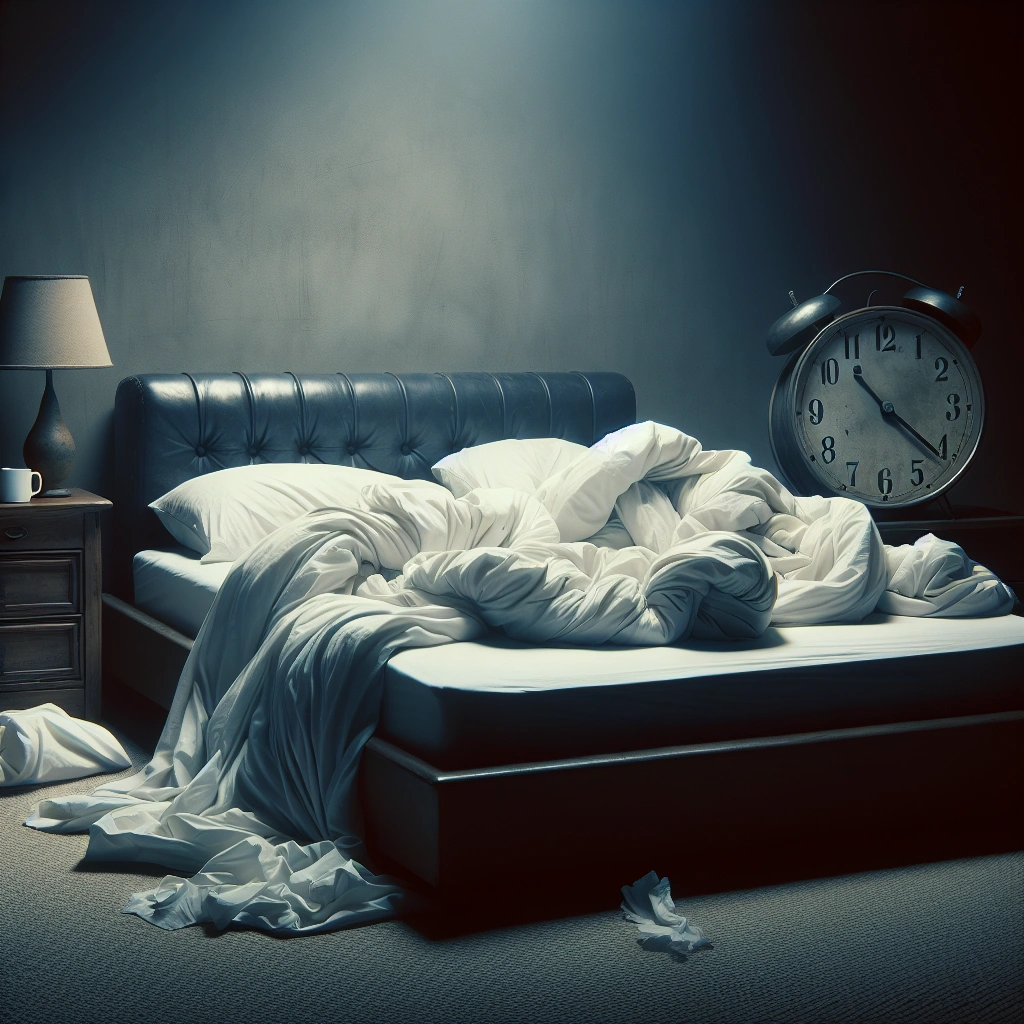
Conclusion
When you go to sleep high, THC enhances your deep sleep stages but disrupts the REM phase, where dreams and memory processing occur. This means while your body might repair itself more effectively, your brain could lag in processing emotions and memories.
However, for individuals dealing with nightmares or seeking profound rest, this trade-off could offer a temporary respite. Balance and understanding your own sleep needs become crucial when deciding to use cannabis as a sleep aid.
Moderation is key. Regular cannabis use can alter sleep patterns long-term, impacting both deep and REM stages.
Being informed and cautious can help navigate the effects THC has on sleep, ensuring you don’t sacrifice necessary mental restoration for physical relaxation.
